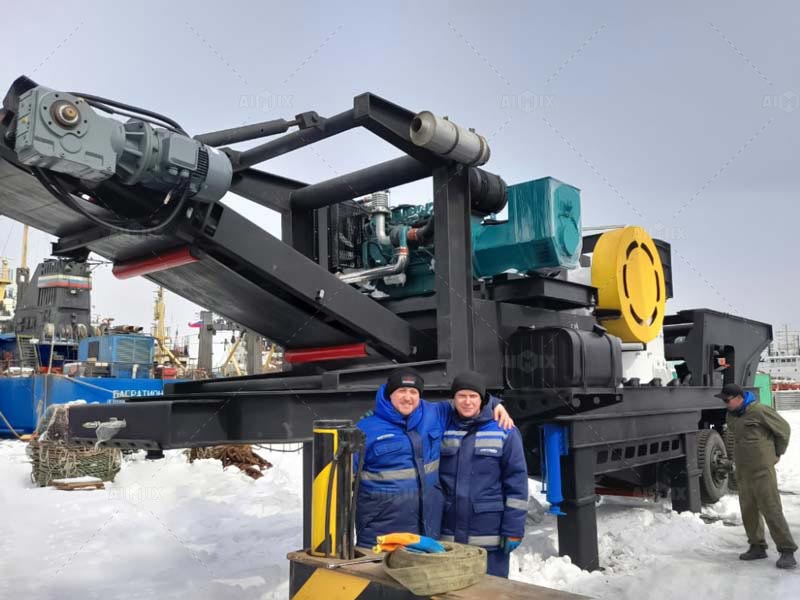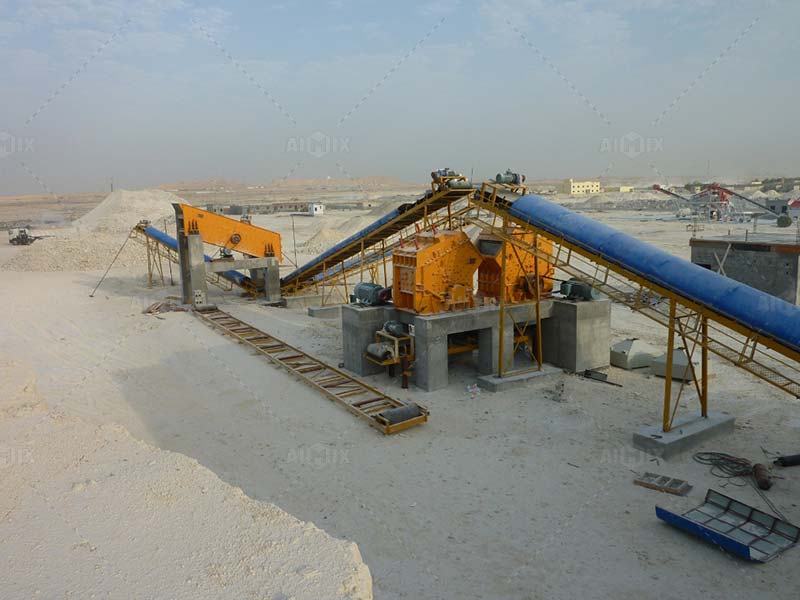Mobile crusher plants offer immense convenience and efficiency, but what about the maintenance costs? Let’s delve into this crucial aspect.
The Importance of Ongoing Maintenance
Maintaining a mobile crusher plant is paramount to ensure its optimal performance and longevity. Here’s a closer look at the maintenance requirements and associated costs.
Mechanical Maintenance
Mechanical maintenance involves regular inspections, lubrication, and replacement of wear parts to prevent breakdowns and ensure smooth operation. This includes tasks such as checking conveyor belts, inspecting gravel crushers for signs of wear or damage, and greasing bearings to reduce friction and prolong their lifespan.

Electrical Maintenance
Electrical maintenance focuses on the inspection and upkeep of electrical components such as motors, wiring, and control systems. Regular checks and servicing are essential to identify and rectify any issues before they escalate, minimizing the risk of electrical faults or malfunctions that could disrupt production.
Factors Affecting Maintenance Costs
Several factors influence the ongoing maintenance costs associated with owning a mobile crushing plant for sale. Understanding these factors can help operators budget and plan for maintenance expenses effectively.
Frequency of Use
The frequency of use plays a significant role in determining maintenance costs. Mobile crusher plants that operate continuously or handle large volumes of material may require more frequent maintenance to address wear and tear on components. Conversely, plants with lighter workloads may have lower maintenance requirements and associated costs.

Type of Material Processed
The type of material processed by the crusher plant can impact maintenance costs. Abrasive materials such as granite or quartz can cause more rapid wear on crushing components, necessitating more frequent replacements and higher maintenance expenditures. Conversely, softer materials may result in lower maintenance costs due to reduced wear and tear on equipment.
Quality of Maintenance Practices
The quality of maintenance practices employed by operators can also affect maintenance costs. Regular and proactive maintenance, including preventive maintenance measures, can help identify and address potential issues early on, reducing the likelihood of costly breakdowns and unplanned downtime. In contrast, neglecting maintenance or relying solely on reactive repairs can lead to higher maintenance costs in the long run.
Cost-Effective Maintenance Strategies
While maintenance is inevitable, there are strategies to minimize ongoing costs associated with owning a track impact crusher.
Implementing Preventive Maintenance
Implementing a preventive maintenance program can help reduce the risk of unexpected breakdowns and prolong the lifespan of crusher plant components. Scheduled inspections, routine servicing, and proactive repairs can address potential issues before they escalate, saving time and money in the long run.
Investing in Quality Components
Investing in high-quality components and wear parts upfront may incur higher initial costs but can result in long-term savings by reducing the frequency of replacements and minimizing downtime. Choosing reputable suppliers and opting for durable materials can pay dividends in terms of reduced maintenance costs and improved operational efficiency. Learn more on AIMIX‘s website about crushers.
In conclusion, while owning a mobile crusher plant entails ongoing maintenance costs, proactive maintenance practices and strategic investments in quality components can help minimize expenses and maximize the plant’s performance and lifespan. By understanding the maintenance requirements and factors influencing costs, operators can effectively manage maintenance budgets and optimize crusher plant operations.